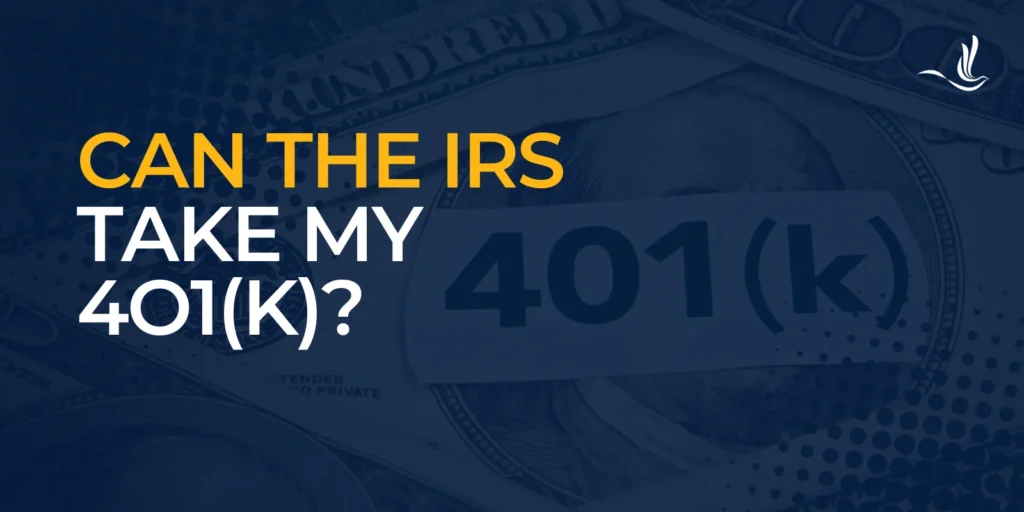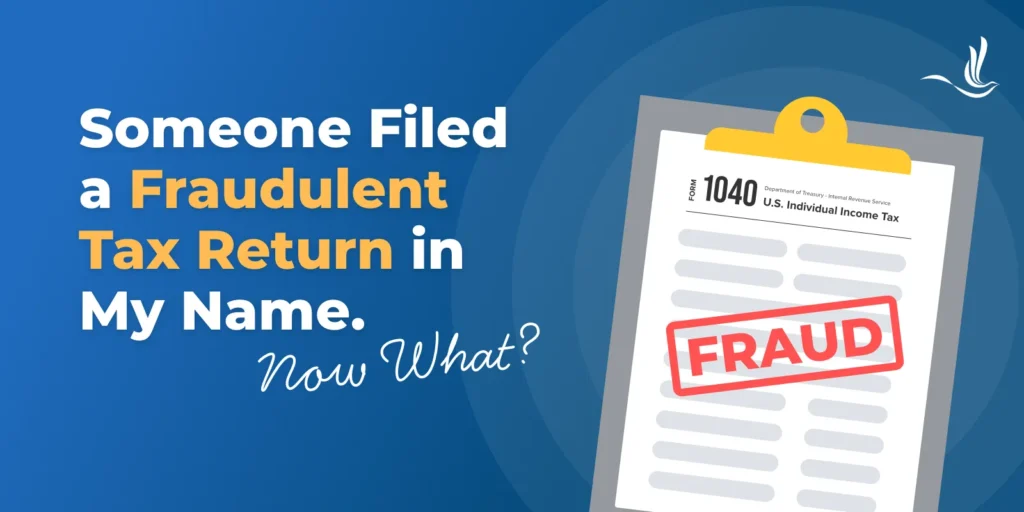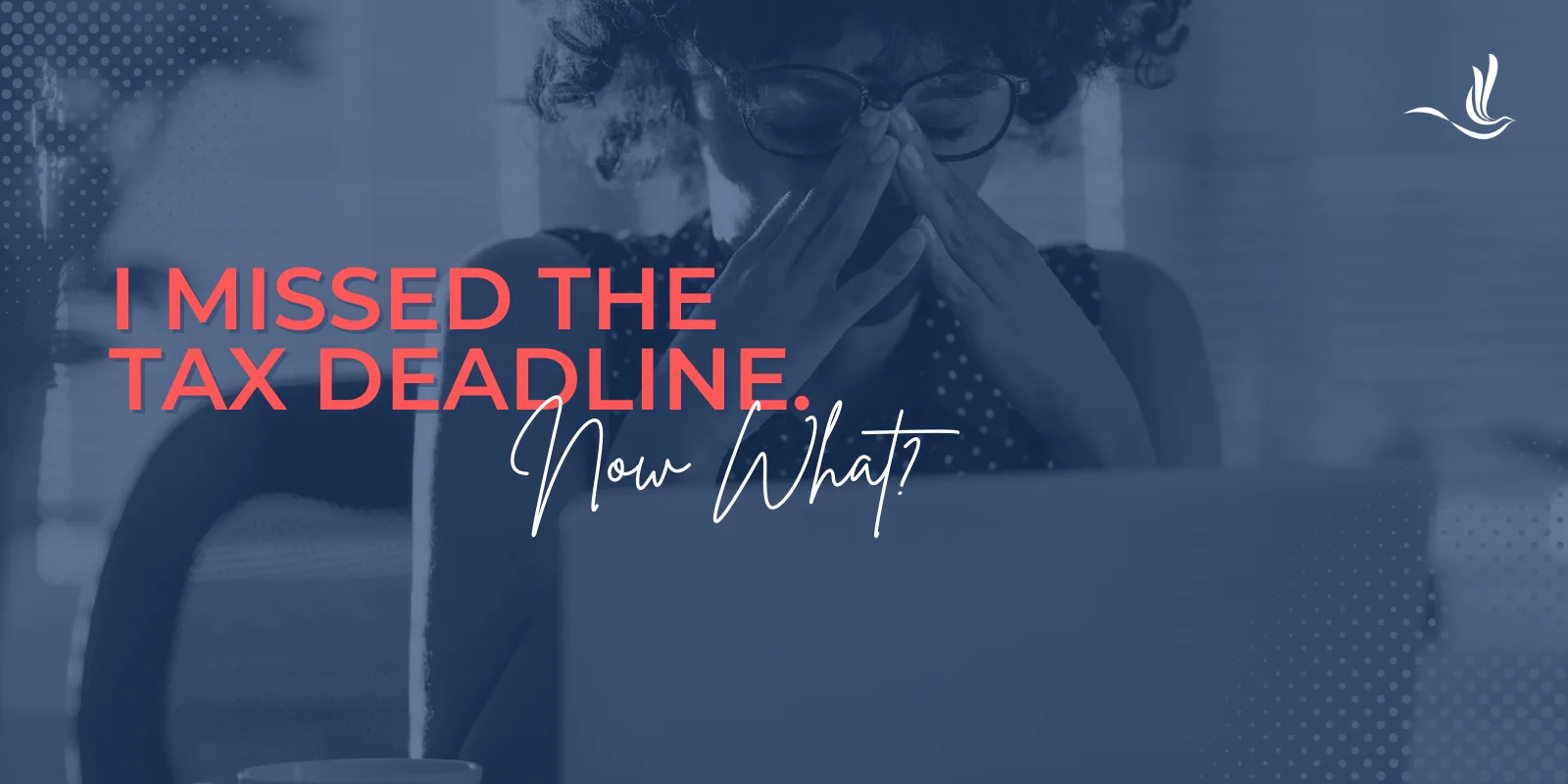Living alone can be liberating, offering independence and autonomy. However, it often comes with a financial burden dubbed the “singles tax.” This term refers to the additional costs incurred by individuals who choose to live independently, without the financial support or cost-sharing benefits that come with living with a partner or family. Here we’ll break down the single’s tax, including the nuances and its potential impact on solo dwellers.
Understanding the Single’s Tax
Living alone often entails shouldering the full financial responsibility for housing expenses, without the benefit of cost-sharing that comes with cohabitation. The single’s tax can affect several areas of life, an obvious one being housing. However, it doesn’t stop there. It can also impact areas such as travel, health, food, and others. We even see it in the tax benefits singles qualify for versus married couples. Let’s look closely at the areas where the single’s tax is prominent.
Housing
One of the primary contributors to the single’s tax is housing expenses. Solo living typically means shouldering the full cost of rent or mortgage payments, utilities, and household maintenance without the benefit of splitting these expenses with a partner. As a result, individuals living alone may face higher housing costs relative to their income compared to those who share living expenses with a partner or roommate.
The real-estate marketplace company, Zillow, completed a 2023 study on how much singles spend on one-bedroom homes around the U.S. New York City singles spend an additional $20,100 on average per year. Singles in San Francisco spend nearly $13,500 more per year and those in Washington, D.C. spend almost $11,500 more.
Spending
Managing finances as a single individual can be difficult. The impact of the single’s tax on spending habits, particularly in areas such as food and travel, is also notable. One of the primary factors contributing to the single’s tax is the lack of economies of scale in food expenses. Unlike couples or families who can buy groceries in bulk and share meals, single individuals often have to purchase smaller portions, leading to a higher cost per unit. Cooking for one can be less cost-effective than cooking for multiple people. In addition, singles may also spend more on dining out or ordering takeout to socialize or avoid the hassle of cooking for one.
When it comes to travel, singles often face higher accommodation costs compared to couples or groups who can split the cost of hotel rooms or rental properties. Participating in activities and entertainment while traveling, such as guided tours, excursions, or admission fees to attractions, can also be more expensive for solo travelers. One good example of this is a cruise booking. The cost of one person is usually double because ship staterooms are based on double occupancy. Some cruise lines are beginning to offer cabins for solo travelers, but the prices are still inflated.
Health
The single’s tax can also impact health, including medical expenses. Single individuals often bear the full cost of health insurance premiums, whereas married couples may have the option to access family plans, which can be more cost-effective per person. Sometimes, these premiums are too expensive for a single person to afford on their own and they opt out of paying for insurance at all. Studies show that unmarried individuals are much more likely to be uninsured than married couples. Without a partner to share medical expenses, single individuals may face higher out-of-pocket costs for healthcare services, prescription medications, medical supplies, and even mental health services. These factors may put more pressure on singles to prioritize self-care activities, such as exercise, mindfulness, and hobbies. These can help single individuals maintain their physical and mental well-being despite the challenges of solo living.
Economic Disparities
The single’s tax disproportionately affects certain demographic groups, including women and older adults. Women, on average, earn less than men, making it more challenging for them to afford the financial burdens of solo living. Additionally, older adults who live alone may face higher healthcare and retirement expenses, further exacerbating the single’s tax.
Mitigating the Single’s Tax
While the single’s tax presents significant challenges, there are strategies individuals can employ to mitigate its impact. This includes careful budgeting, seeking out affordable housing options, and exploring opportunities for shared living arrangements or co-living spaces. Additionally, fostering social connections and building a support network can help combat feelings of loneliness associated with living alone.
Tax Help for Single Individuals
The concept of the single’s tax sheds light on the financial realities faced by individuals who choose to live independently. From higher housing costs to emotional challenges, solo living comes with its unique set of burdens. Understanding these factors is crucial for policymakers, employers, and individuals alike to address economic disparities and support the financial well-being of solo dwellers. By acknowledging the single’s tax and exploring solutions to mitigate its impact, we can strive towards greater equity and inclusivity for all individuals, regardless of their living arrangements. Optima Tax Relief has a team of dedicated and experienced tax professionals with proven track records of success.
If You Need Tax Help, Contact Us Today for a Free Consultation
Publisher: Source link











